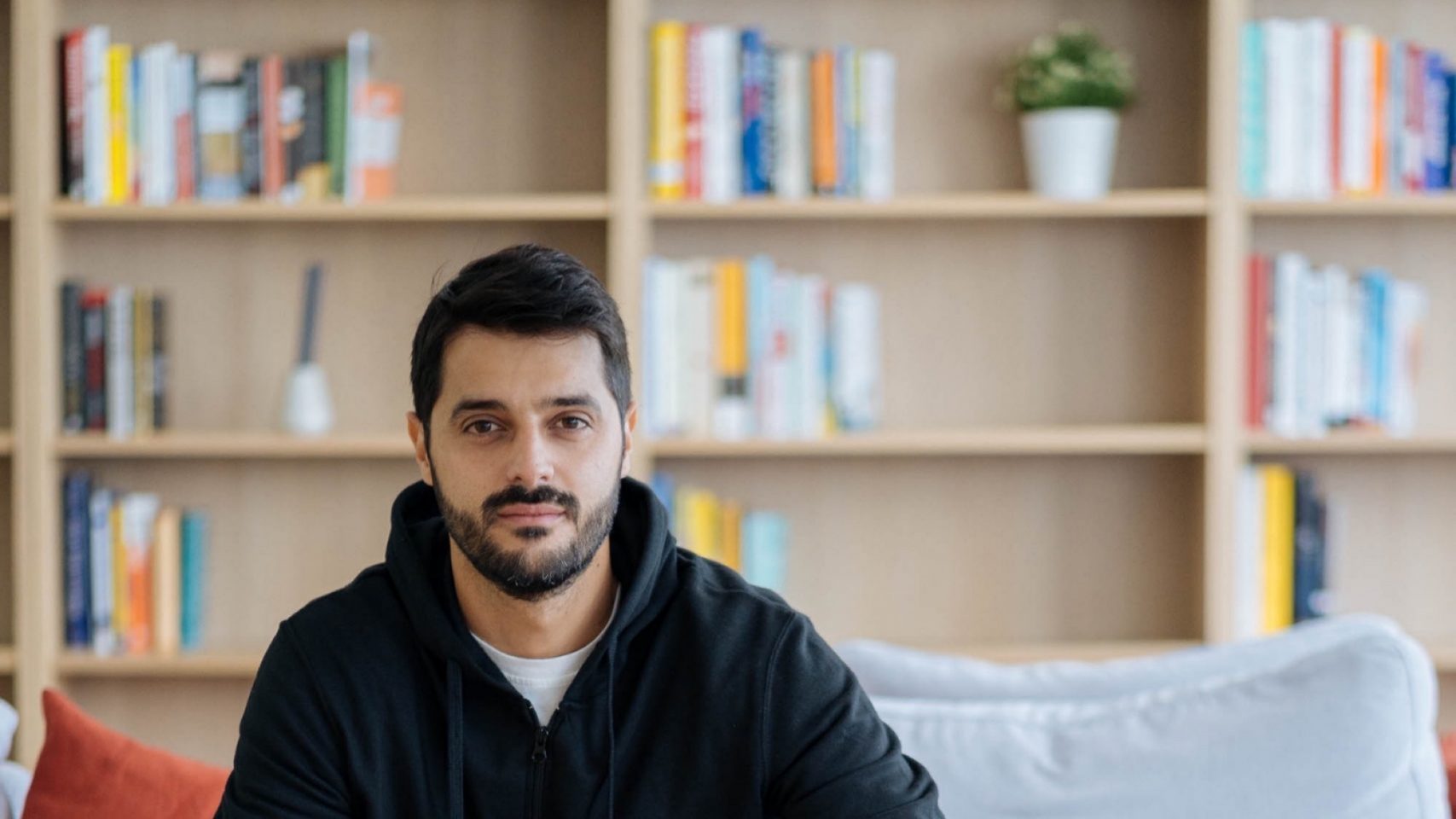Tryp.com arrives in Portugal, wants to be a unicorn by 2025
The startup Tryp.com was founded by four young Portuguese and two Danes in 2019 in Odense, a city on Denmark's Fyn Island.
The Portuguese-Danish startup Tryp.com, a travel platform that uses artificial intelligence, arrived in Portugal on Wednesday. In this market, it intends to have a physical presence and aspires to be a unicorn by 2025, the CEO told Lusa.
Founded by four young Portuguese and two Danes in 2019 in Odense, a city on Denmark’s Fyn Island, Tryp.com “creates combinations of flights, trains, buses and hotels and evaluates what might be interesting for the user”, explained CEO and co-founder André Rangel Sousa.
“We have an evaluation process of what is a good trip, and then we have the algorithm creating good trips,” he added, noting that there are parameters of what they consider to be a good trip, not only in terms of price but also the location, in addition to different categories and even how much it costs on average each day spent in a particular place.
The platform was officially launched at the end of the summer, and now, with the entry into Portugal, they will “start with the marketing campaign”, especially in southern and northern Europe, to “spread the word”.
André Rangel Sousa said the platform had “thousands of daily visitors”, with a daily average of around 2,000, and a month that can reach 70,000.
About the destinations, “at this moment”, the options are “all over the world”, underlined André Rangel Sousa, 25 years old.
Regarding the initial investment, he says that it is “around 350 thousand euros” but that they already have “more investment promised or under negotiation”. Regarding the origin of this investment, it comes from Danish investors, a Dutch investor and funds from the Danish State to support innovation, said the CEO.
As for Portuguese investment, André Rangel Sousa admitted this possibility but did not mention any names: “We are in conversation”.
The arrival of the travel platform in Portugal, which Tryp.com’s CEO guarantees there is no equal in the world, also marks Tryp.com’s interest in having a physical presence in the country.
“We were at a startups accelerator in Madeira in November. We loved it there. Our dream is to move some of the activities to Portugal,” he acknowledged.
“Part of the objectives is also to have headquarters or a subsidiary in Portugal,” he stressed, although he did not say when.
Asked if Madeira could be a possibility, André Rangel Sousa pointed out that it is “very appealing because of the tax benefits and the good temperature” of the seawater, something that his Danish colleagues appreciate.
Another of the goals is to reach unicorn status.
“Tryp.com is a unique opportunity. We have a platform that can reach anyone in the world,” there is the “ambition to do something gigantic and not be closed here in the Nordic market and expand with the ambition to create a unicorn and shake up here [the way] people travel,” he stressed.
“Our goal would be in two years, two and a half years, maybe three years” to reach unicorn status, with for now “the focus being to work to expand now, add features” to the project, the CEO added.
“We are a little bit the Netflix of travel. We believe we can bring that to the industry in the sense of going to the ‘site’ without headaches”, getting a good trip with a simplified process, pointed out Tryp.com’s co-founder.
At the moment, the Tryp.com team has 12 people, but they are “always looking for talent” and said that it would grow, but did not say how many people.
The marketing team is currently in Portugal.
The executive president said that “the business is going well” but does not intend to release numbers for now, only later on.
The platform’s revenues come from commissions from hotels and transport for bookings made on Tryp.com.
For André Rangel Sousa, the pandemic has opened up opportunities, as “people are more flexible and increasingly open” to travelling. The platform’s differentiation is that it doesn’t ask where you want to travel. It makes all decisions from a mathematical point of view regarding the best user experience.
It is a ‘turnkey’ solution, presenting a package that, in addition to transport, also includes accommodation (for those who want it) and indications, for example, of destinations that accept covid passports or those that have restrictions.
“The travel industry is an industry that a few companies monopolise”, there are “two groups that control” the sector, and there has been “very little innovation” in this area, he said.
“I’m a bit of an ‘outsider’. I came from the robotics industry, where you have innovation almost every day. You have a company coming out with an innovative product. Here in the travel industry, it’s the other way around. The biggest innovation we’ve had in the last 15 years is Airbnb,” he argued.
The pandemic “is an opportunity” and Tryp.com’s “philosophy” as a company is to allow people to “travel more for less”, he stressed, quoting Hans Christian Andersen, who was born in Odense, the city where the ‘startup’ is located, who “said that travelling is living”.


